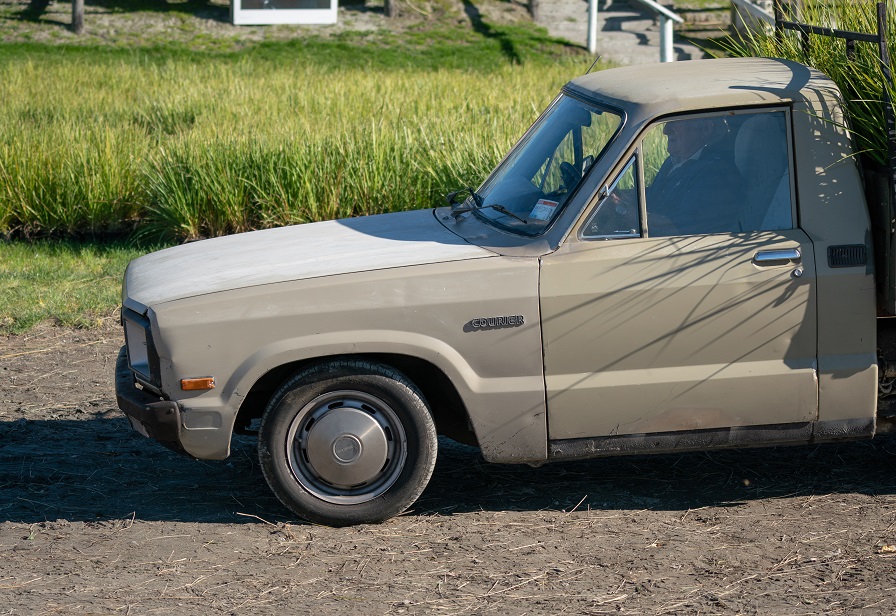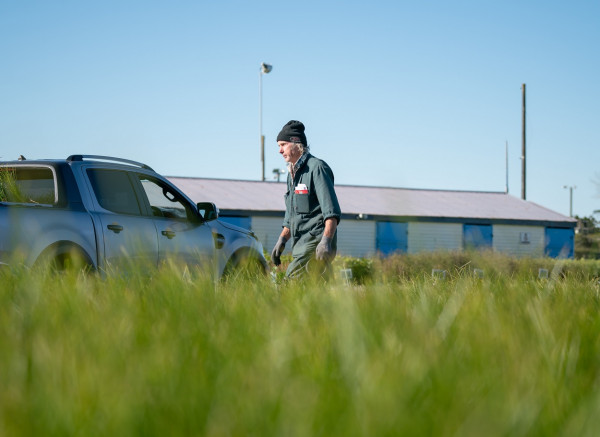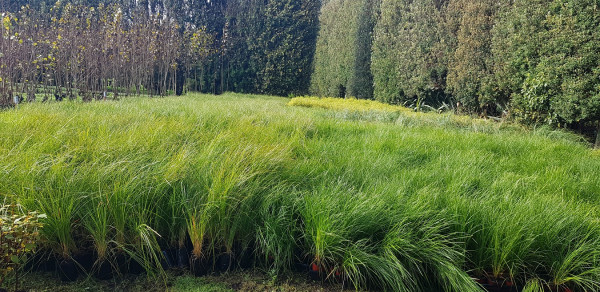A million native plants have been distributed to Taranaki farmers, continuing a remarkable transformation of the region’s landscape.

Taranaki Regional Council’s long-running Riparian Management Programme is the envy of other regions, with 99.7% of the region’s dairy farmers voluntarily committing to fencing and planting their waterways.
As part of the programme, almost a thousand farmers descended on five depots across Taranaki this week for the annual plant pick-up.
At each depot a steady stream of farmers and landowners backed utes and trailers up to load up from about 40 species of native plants.
One was dairy farmer David Werder, who milks 530 cows across two South Taranaki farms in partnership with his wife, daughter and son-in-law.
He has 2600 new plants ready to go in the ground, which will more or less complete his riparian plan. The next couple of years will be spent filling in any gaps, he says.
“I’m pretty excited and I am looking forward to the next part, seeing it all come to fruition.”
Since starting his journey 35 years ago, Mr Werder and his family have planted 12 hectares in riparian plants and more than 40 hectares in pine trees. Their 15km of waterways have been fenced off and planted.
In the last 40 years he’s retired 20% of his land. While that means less land to farm, he says it’s now much more productive. That’s not the only benefit – the family is noticing more native birds and regeneration of native species.
A record number of plants went out this year thanks to $5 million in Jobs for Nature funding. That meant many farmers paid just $1 per plant, which included contractors to do the planting.
That was a welcome bonus for Mr Werder, the first time they’ve had someone do the planting for them.

Stratford depot, photo by Jeremy Moa
For Council Land Services Manager Don Shearman this week was an opportunity to reflect on how far the programme has come since it started 25 years ago.
“Back then we handed out 15,000 plants from a lock-up at the Council – a farmer would turn up and we’d drop our pens and head outside to load them up. Now we have this huge logistical operation, growing a million plants to order.
“I am proud that our farmers have achieved such great results, especially as it’s voluntary. The Council works alongside farmers to prepare riparian plans for their properties and we support them with wholesale plants. But in the end they do it because they are committed to improving freshwater quality and biodiversity on their land, leaving it healthier for future generations.”
Mr Shearman reminded farmers to get their orders in for next winter by 1 July, 2021 to ensure they got wholesale rates.
